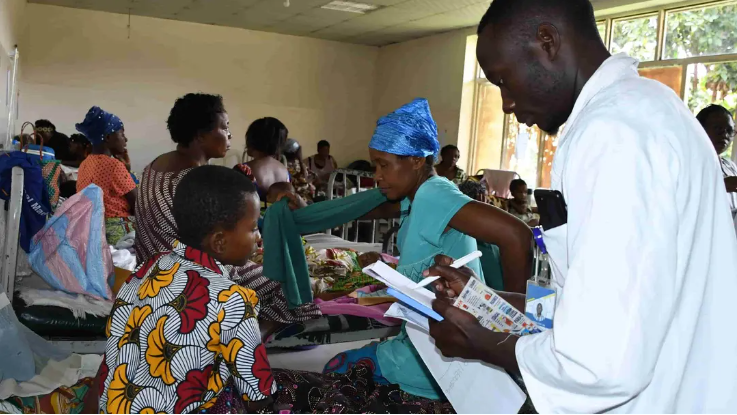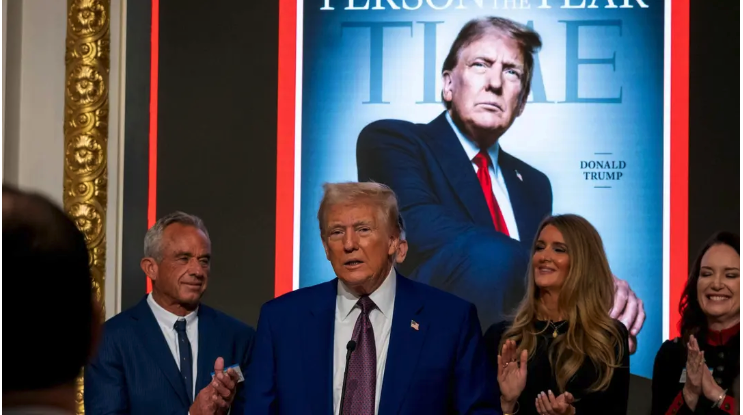Study: 20% of Medicines in Africa Either Substandard or Fake
According to a recently published study, as much as one-fifth of medicines in Africa could be substandard or fake, resulting in failed treatments and preventable deaths....
0:00
/1861
Facts
- According to a recently published study, as much as one-fifth of medicines in Africa could be substandard or fake, resulting in failed treatments and preventable deaths.[1]
- Researchers from Ethiopia’s Bahir Dar University reviewed 27 studies and analyzed about 7,508 medicine samples. At least 1,639 samples failed quality tests, indicating that substandard and falsified medicines are prevalent in Africa.[2]
- The researchers linked the high proportion of substandard or falsified medicines to poor surveillance systems, high demand, and free trade zones in the region.[3]
- Substandard medicines are legally approved but may not meet required quality standards, while falsified medicines intentionally lie about their identity, composition, or source.[4]
- A UN report last year revealed that substandard and falsified antimalarial medicines and antibiotics have caused over 450K deaths annually in sub-Saharan Africa.[5]
- A previous study by the World Health Organization (WHO) found that 10% of medical products — from cancer treatment to contraception — in developing countries are either substandard or falsified.[6]
Sources: [1]Guardian, [2]Pubmed, [3]Nairametrics, [4]WION, [5]Un and [6]WHO.
Narratives
- Narrative A, as provided by Türkiye Today. This study raises the alarm over a public health crisis that could be contributing to the deaths of countless patients in low- and middle-income countries. Besides increasing public awareness, stakeholders must strengthen supply chains and improve logistical issues to prevent, detect, and respond to substandard and falsified medicines.
- Narrative B, as provided by Global Initiative. While the study's findings are worrying, Africa isn’t manufacturing subpar or counterfeit medicines. Countries outside of the continent, such as China and India, are the producers and suppliers of fake medicines. This is a global public health crisis, and putting the emphasis only on African stakeholders to fix this problem is unfair.







